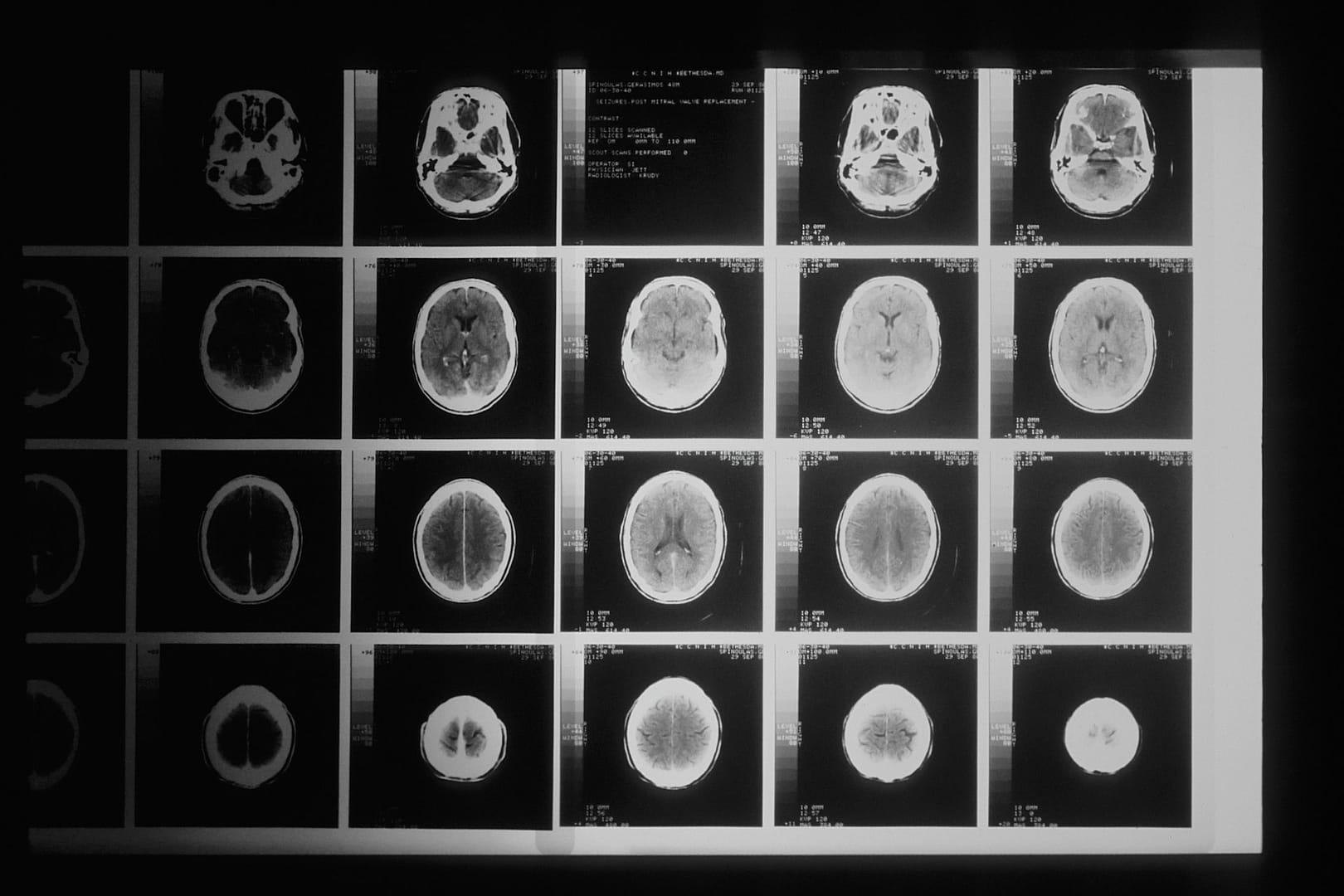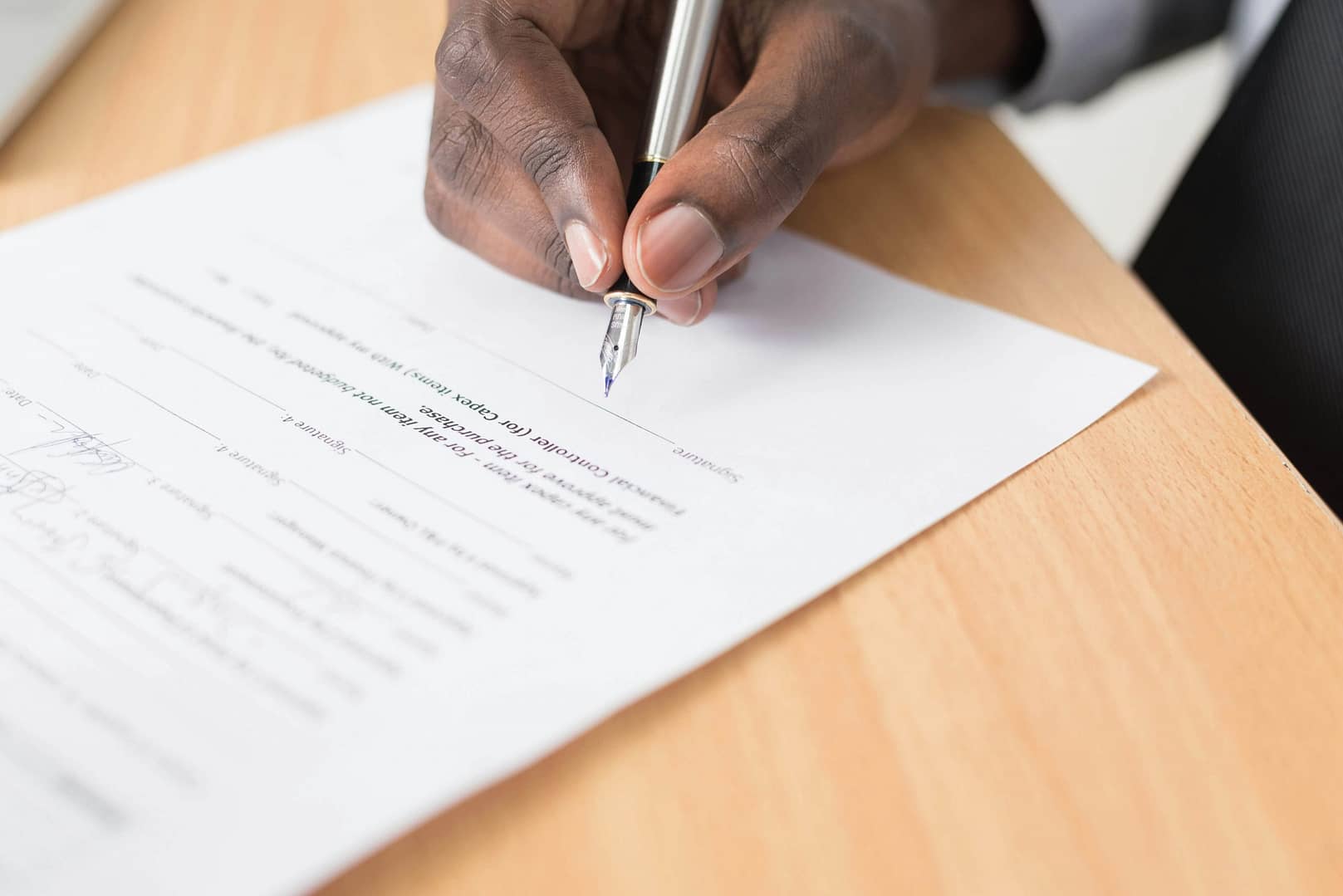Traumatic brain injuries (TBIs) are a life-altering event that can happen to anyone, anywhere, at any time. Whether it’s a car accident, a fall, or a sports-related injury, the consequences of a TBI can be devastating. But what happens to the brain after such an injury, and how does neuroinflammation play a role in the recovery process? In this article, we’ll delve into the fascinating world of neuroinflammation in traumatic brain injury recovery, exploring how the brain heals itself and what factors influence the timeline of recovery. We also delve into how best to make a serious injury claim.
Understanding Traumatic Brain Injuries
Before we dive into the complexities of neuroinflammation, it’s crucial to grasp the basics of traumatic brain injuries. These injuries can vary widely in severity, with effects ranging from mild cognitive impairments to profound disability or even death. When an external force, such as a blow to the head, shakes or disrupts the normal functioning of the brain, a TBI occurs.
TBIs can be classified into three categories:
1. Mild TBI (Concussion)
Mild TBIs, often referred to as concussions, are the most common type. They typically result in temporary disorientation, confusion, and memory problems. While they may not cause structural damage to the brain visible on imaging, the effects can still be significant.
2. Moderate TBI
Moderate TBIs involve more substantial brain damage, often visible on imaging tests like CT scans or MRIs. These injuries can lead to a range of symptoms, including impaired consciousness, memory loss, and personality changes.
3. Severe TBI
Severe TBIs are the most devastating, causing profound and long-lasting effects. These injuries can result in coma, extended periods of unconsciousness, and severe cognitive and physical impairments. Recovery from a severe TBI is often a lengthy and challenging journey.
Arrange a Call back For Your Claim
The Role of Neuroinflammation
Now, let’s shift our focus to the star of the show: neuroinflammation. When the brain experiences trauma, it responds with a complex series of events, and one of these is neuroinflammation.
What is Neuroinflammation?
Neuroinflammation is the brain’s immune system response to injury or infection. It involves the activation of immune cells within the brain, known as microglia and astrocytes, which work to protect and repair damaged neural tissue.
In the context of traumatic brain injuries, neuroinflammation serves both beneficial and detrimental roles. Initially, it’s a necessary response to remove damaged cells and debris, promote tissue repair, and fend off potential infections. However, if neuroinflammation becomes chronic or excessive, it can harm healthy brain tissue and impede the healing process.
The Timeline of Neuroinflammation
Understanding how long neuroinflammation takes to heal is a critical aspect of traumatic brain injury recovery. The timeline can vary widely from person to person and depends on several factors, including the severity of the injury, individual differences in immune response, and the presence of other health conditions.
Acute Phase (Hours to Days)
The immediate aftermath of a traumatic brain injury is marked by the acute phase of neuroinflammation. During this stage, microglia and astrocytes become activated and migrate to the site of injury. Their primary goal is to clear away damaged tissue and pathogens, preventing further harm.
Subacute Phase (Days to Weeks)
As the days and weeks pass, the brain enters the subacute phase of neuroinflammation. During this stage, the immune response begins to transition from a pro-inflammatory state to an anti-inflammatory one. This shift is essential for promoting tissue repair and reducing the risk of secondary damage.
Chronic Phase (Weeks to Months)
In some cases, neuroinflammation can persist for weeks to months after a traumatic brain injury. This chronic phase can be problematic, as it may contribute to ongoing neurological deficits and hinder the recovery process. Researchers are actively investigating ways to modulate this phase to promote more favorable outcomes.
Speak to An Expert About Your Claim
Factors Influencing Neuroinflammation Duration
Several factors can influence how long neuroinflammation persists and how it impacts recovery:
Severity of Injury
The more severe the traumatic brain injury, the longer neuroinflammation is likely to persist. Severe injuries often lead to more extensive tissue damage, requiring a more extended healing process.
Age
Age can play a role in the duration of neuroinflammation. Younger individuals tend to have a more robust and efficient immune response, potentially leading to quicker resolution of neuroinflammation.
Pre-existing Health Conditions
Individuals with pre-existing health conditions, such as autoimmune disorders, may experience prolonged neuroinflammation due to a dysregulated immune system.
Treatment and Rehabilitation
Prompt and appropriate medical treatment and rehabilitation can help mitigate the effects of neuroinflammation and promote a faster recovery. Therapies aimed at reducing inflammation, such as anti-inflammatory medications, may be employed.
The Complexities of Brain Healing
While understanding the timeline of neuroinflammation is crucial, it’s equally important to realize that the brain’s healing process after a traumatic injury is exceptionally complex and multifaceted.
Neuroplasticity
The brain possesses an incredible ability known as neuroplasticity, which allows it to reorganize and adapt in response to injury or environmental changes. This remarkable capacity for rewiring neural connections is a key factor in traumatic brain injury recovery.
During the recovery process, uninjured regions of the brain can compensate for damaged areas by assuming new functions. This adaptation can lead to significant improvements in cognitive and motor functions over time.
Individual Variability
One of the most challenging aspects of traumatic brain injury recovery is the variability among individuals. Two people with seemingly identical injuries may have vastly different outcomes. This variability can be influenced by genetic factors, overall health, and even the level of social support available.
The Importance of Rehabilitation
Neuroinflammation is just one piece of the puzzle when it comes to traumatic brain injury recovery. Equally vital is the role of rehabilitation in helping individuals regain lost functions and adapt to their new reality.
Types of Rehabilitation
Rehabilitation programs for traumatic brain injury can take various forms, including:
Physical Therapy
Physical therapy focuses on improving motor skills, strength, and mobility. This type of therapy can help individuals regain control over their bodies and reduce physical impairments.
Occupational Therapy
Occupational therapy aims to enhance an individual’s ability to perform daily activities and tasks. It can help with cognitive and fine motor skills and improve independence.
Speech and Language Therapy
For individuals with communication difficulties resulting from a TBI, speech and language therapy can be invaluable. It helps improve speech, language, and cognitive communication skills.
Cognitive Rehabilitation
Cognitive rehabilitation addresses issues related to memory, attention, and problem-solving. It helps individuals relearn cognitive skills that may have been impaired by the injury.
Emotional and Psychological Support
The emotional toll of a traumatic brain injury can be significant. Psychological support, including counseling and therapy, is crucial for addressing depression, anxiety, and emotional adjustment.
The Journey of Recovery
Recovery from a traumatic brain injury is a journey that varies widely from person to person. While some individuals may experience significant improvements and return to their previous level of functioning, others may face long-term challenges.
Setting Realistic Expectations
Setting realistic expectations for recovery is essential. It’s important to understand that improvement may be gradual, and the final outcome can be influenced by numerous factors. Patience and perseverance are key virtues during this journey.
Family and Caregiver Support
Traumatic brain injury doesn’t just affect the individual; it impacts their family and caregivers as well. Providing emotional support and seeking help from support groups or professionals can make a significant difference in the quality of life for everyone involved.
Arrange a Call back For Your Claim
Making a Serious Injury Claim with National Claims
At National Claims, we understand that navigating the complex terrain of a traumatic brain injury can be overwhelming. We are here to guide you through the claims process of making a serious injury claim, ensuring that you receive the support and compensation you deserve.
Why Choose National Claims?
Expertise in Traumatic Brain Injury Claims
Our team of experienced professionals specializes in handling traumatic brain injury claims. We have a deep understanding of the medical and legal aspects involved, allowing us to provide you with the best possible representation.
Compassionate Support
We know that traumatic brain injuries can have a profound impact on your life and the lives of your loved ones. Our compassionate team is here to offer emotional support and practical guidance throughout your journey to recovery.
Proven Track Record
National Claims has a proven track record of successfully securing compensation for individuals who have suffered traumatic brain injuries. Our dedication to our clients and our commitment to justice have earned us a reputation for excellence in the field.
The Claims Process
Consultation and Assessment
The first step in making a serious injury claim with National Claims is to schedule a consultation with our team. During this initial meeting, we will assess the details of your case, including the circumstances of your injury, its severity, and the impact it has had on your life.
Gathering Evidence
To build a strong case, we will work diligently to gather all necessary evidence. This may include medical records, expert testimonies, accident reports, and any other relevant documentation.
Determining Liability
In many traumatic brain injury cases, establishing liability is a crucial factor. We will investigate the responsible parties and work to determine their level of fault.

Conclusion
Traumatic brain injuries are life-altering events that require specialized attention and support. At National Claims, we are committed to standing by your side throughout your journey to recovery. We will work tirelessly to secure the compensation you need to cover medical expenses, rehabilitation, lost wages, and other damages.
Remember, you don’t have to face this challenging situation alone. National Claims is here to provide you with the expertise, compassion, and legal representation you need to move forward with confidence. If you or a loved one has suffered a traumatic brain injury, contact us today to schedule a consultation and take the first step toward securing the justice and compensation you deserve. Your path to recovery starts here.
Contact us today to get started on your claim and to learn more about how we deal with serious injury claims at National Claims.
Click below to see why we are one of the most trusted claims management companies in the UK.

We’re proud of our excellent customer reviews
We thrive on delivering exceptional service and ensuring our clients’ satisfaction. Don’t just take our word for it. Check out some of our independent reviews to see what our clients have to say.
Excellent

This firm is excellent, they sorted out my car pay out and injury claim very fast, they always communicate with you all the time.

My accident case was dealt with confidence and with great result of the outcome, especially James kept me informed all the time.

I was very impressed at the way my inquiry was treated. I was listened to attentively and everything I needed to know was explained to me.






